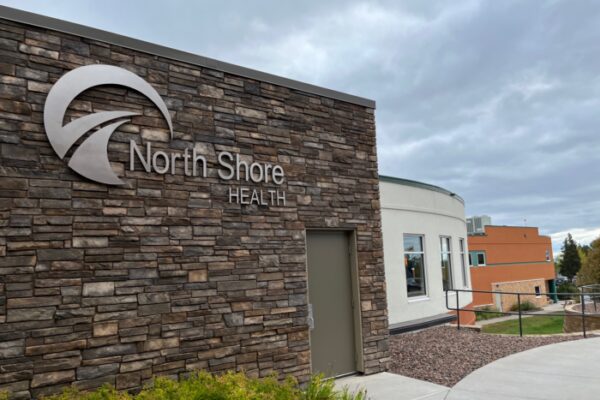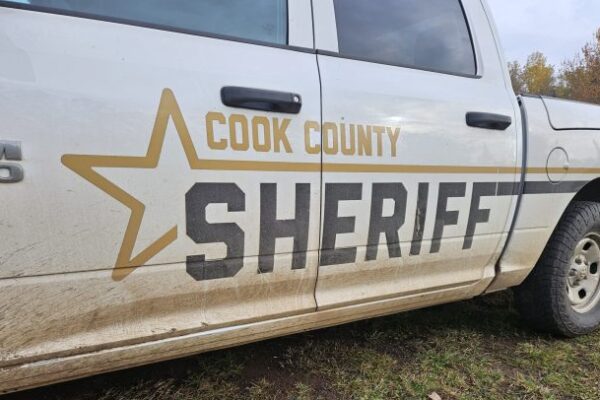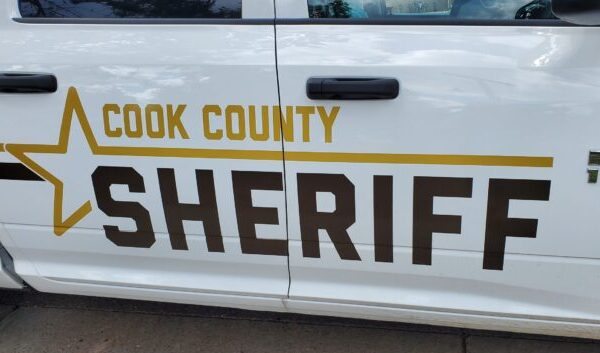Cook County Co-op employee charged in grocery store stabbing
Charges against a Cook County Co-op employee have been filed following a stabbing incident at the grocery store on Saturday, Dec. 27.
Donovan Michael Vondall, 32, from Grand Portage, Minn., is accused of stabbing a grocery store customer, Thomas Peterson of St. Paul, in the neck. Vondall is being charged with attempted second-degree murder and two assault charges.
On Saturday, Peterson was shopping with his wife and stepson when he walked to the back of the store to retrieve an item from the refrigerated section. While he was at the back of the store, he noticed an employee who was cutting open a box, looking agitated and sweating, according to court records.
Peterson and the employee made eye contact but did not exchange words. As Peterson opened the refrigerator door, he said he felt a “sharp punch” on his right jaw and saw the employee had an angry look on his face.
When Peterson looked down, he noticed the employee was holding a knife and realized he had been stabbed in the right side of his neck. Peterson then ran to the front of the store while yelling for help.
Peterson told Cook County Sheriff Investigator Angelique Homan that the employee initially pursued him but then stopped. Peterson said he fell on the floor near the cash registers, and his stepson began applying pressure to his neck until first responders arrived on the scene.
Eyewitnesses of the incident told Cook County deputies that the employee then returned to the back of the store and exited through the employee doors.
Peterson was then taken to North Shore Health for further medical care.
Following the incident, bystanders provided deputies with a description of the suspect, and law enforcement later arrested Vondall at his home without incident. Vondall’s grandmother told deputies that he has schizophrenia and has not been taking medication for the condition, according to court records. Deputies were able to recover the black fold-out knife used in the stabbing.
Vondall allegedly told Homan that he was thinking about going home from work early on Saturday, because he felt like hurting someone. When Homan asked Vondall about why he stabbed Peterson, Vondall said that he had seen Peterson in the grocery store a few times and thought he was friendly, but it was the look on Peterson’s face that day that triggered him.
According to court records, Vondall told Homan that “people staring at him is a trigger for him and he also thought there was some racism happening.”
On Dec. 29, Vondall’s defense attorney, listed on court documents as Daniel Lew, requested a Rule 20.01 and a Rule 20.02 screening. The screenings include a psychological assessment and examine the defendant’s competency to proceed in a criminal case.
The next court hearing for Vondall is scheduled for Jan. 2, 2026, at 11:30 a.m. Vondall was initially held in the Cook County Jail following the Saturday arrest, but has since been moved to the Lake County Jail.
On Dec. 29, Cook County Sheriff Pat Eliasen told WTIP that Peterson is still alive and expected to recover from the injury. Peterson told deputies while receiving medical care at North Shore Health that he was having difficulty speaking and felt like the right side of his mouth was sagging. He also may have suffered nerve damage, causing the right side of his face to droop and his tongue to feel partially numb.















